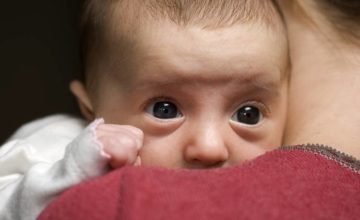
Distillation
What does trauma do to a baby’s brain?
Trauma can greatly impact the developing and vulnerable minds of young children aged 0-3. However, the impact of trauma can vary depending on some key factors.
Details
When events such as parental incarceration, family separation, abuse or neglect, the illness or death of a parent, or natural disasters occur early in life, they weigh on children emotionally and physically.
Young children can quickly absorb information, environments, love and trauma. Constant and excessive exposure to toxic stress can rewire the developing brains of young children and trigger constant stress responses — fight, flight or freeze.
Not every young child suffers traumatic stress after a distressing event, but for those who do, trauma can profoundly affect their well-being and development.
For babies, early trauma can impact lifelong learning, mental and physical health, and development. That’s why it's critical to act early–because every child deserves the chance to grow up with safety and security.
Caregivers and early childhood professionals can play a vital role in helping restore and maintain emotional safety, serving as a buffer against some of the long-term impacts.
While a single event can cause trauma, it can also stem from multiple experiences that impact children over time, for example, a car accident or repeated verbal abuse from a caregiver. Any perceived threat or harm can be traumatic for a child, including physical neglect, domestic or community violence, loss of a loved one, life-threatening illness, terrorism and natural disasters.
Here are some of our key findings about trauma in infants and babies:
A childhood shaped by trauma is associated with eight of the 10 leading causes of death in the United States and shortens life expectancy.
A single adverse childhood experience can negatively rewire a baby’s brain. Sadly, 18.6% of infants and toddlers will have one significant adverse experience.
One of the most traumatic experiences a baby can have is separation from a primary caregiver.
Sources: ZERO TO THREE. State of Babies Yearbook: 2022. Centers for Disease Control and Prevention (2019, July 11). Identifying, preventing, and treating childhood trauma [Congressional testimony].
I am astounded every day at how effective this trauma-informed approach is. When I began as a Florida Circuit Judge more than 30 years ago, I didn’t know the impact Judges and Court Teams could have on the trajectory of families if only we understood and recognized that trauma, child development, and outcomes are inextricably linked. Thankfully, I have had the opportunity to apply it and see infants, toddlers and families thrive.”
Judge Tepper, 6th Judicial District, Florida
ZERO TO THREE has made huge strides in understanding childhood trauma. Here are some of our initiatives:

Regardless of the setting — a home, classroom or health care provider office — caregivers and professionals can help young children process negative experiences. We offer free training on compassionate response for agencies that partner with first responders.
We also have training for clinicians and educators to learn about trauma-informed practices. Our extensive resource library has information for families, professionals and policymakers about dealing with trauma in early childhood.

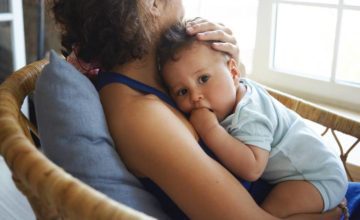
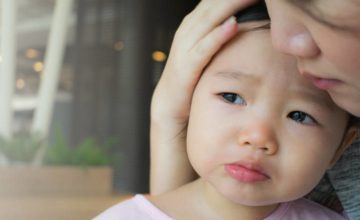
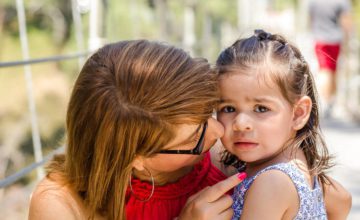
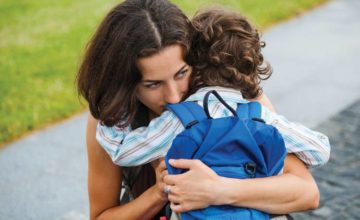

Supporting the emotional and mental health of infants and young children who have experienced trauma is critical for their long-term development.
Join us in supporting trauma-informed care training by contributing to our programsto make a lasting impact on the lives of our nation’s youngest children.
|
Join us for the 2025 LEARN Conference in Baltimore this October 8-9!
|